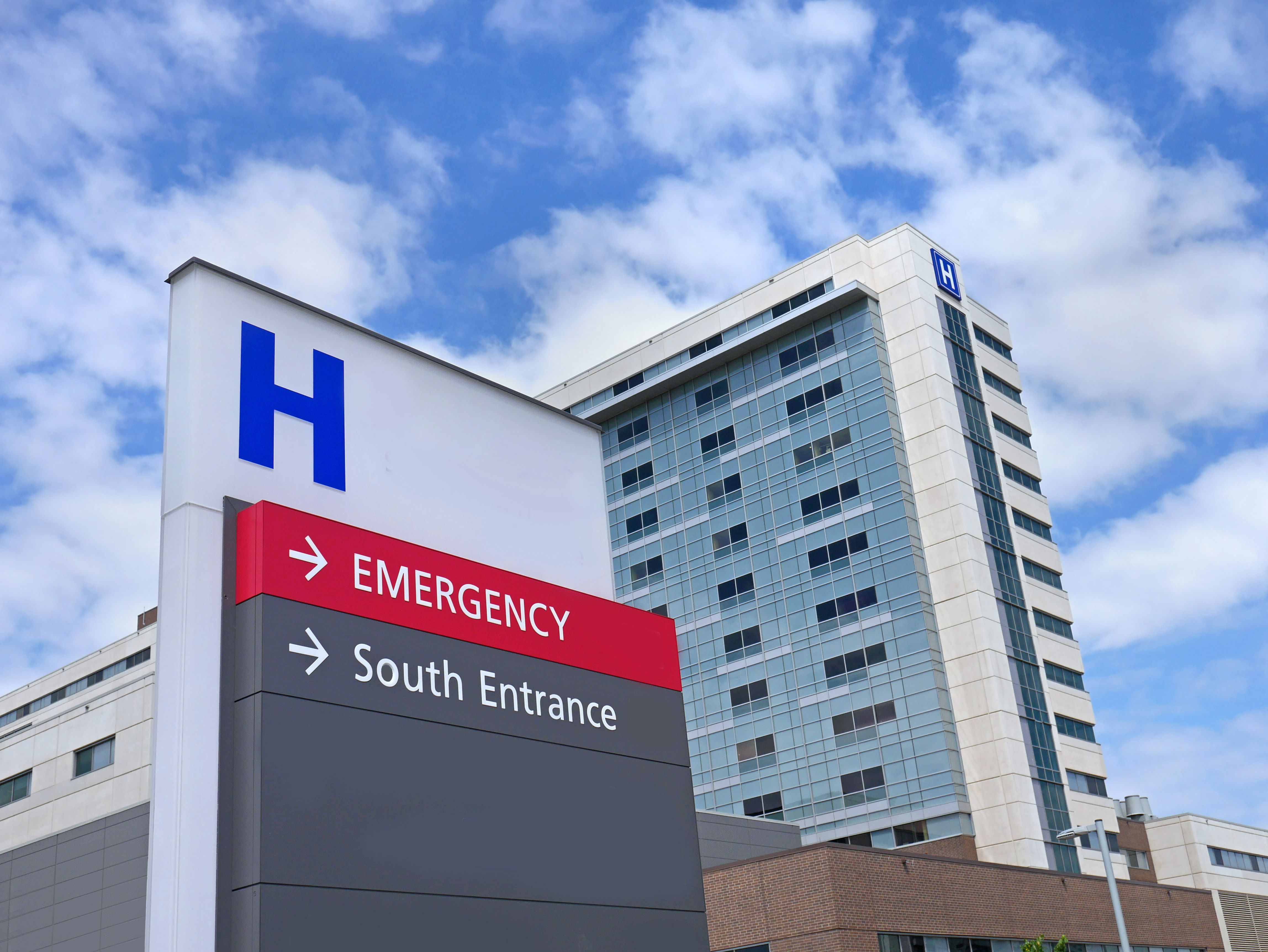Article
New Flow Cytometry-Based Test Approved for Certain Leukemias and Lymphomas
Author(s):
A new liquid biopsy test that uses flow cytometry to detect cancer cells has been FDA approved for chronic leukemia, acute leukemia, non-Hodgkin lymphoma, myeloma, myelodysplastic syndrome, and myeloproliferative neoplasms.
A new liquid biopsy test that uses flow cytometry to detect cancer cells has been FDA approved for chronic leukemia, acute leukemia, non-Hodgkin lymphoma, myeloma, myelodysplastic syndrome, and myeloproliferative neoplasms.
Developed by Beckman Coulter Inc, a company that manufactures laboratory instruments, the ClearLLab test can detect cancerous cells in blood, bone marrow, and lymph nodes. Additionally, the test can provide details on the type of leukemia or lymphoma to the laboratories and clinicians. The machine used in this case, a flow cytometer, has the ability to measure the number and percentage of cells in a blood samples, as well as document cell characteristics, such as size, shape, and cell surface biomarkers. With a high level of sensitivity, flow cytometry is often used to determine minimal residual disease.
The current approval followed a de novo premarket review of the ClearLLab test, a regulatory pathway designed for novel, low-to-moderate-risk devices that are not substantially equivalent to an already legally marketed device. The research study, which analyzed 279 samples from 4 independent clinical sites and compared the results from this test with alternate methods used by those sites to evaluate patient samples, found that the test results aligned with the diagnosis using the alternate test 93.4% of the time. The presence of cancer was detected 84.2% of the time.
“This represents a major step forward for the hematology-oncology community,” Alberto Gutierrez, PhD, director of the Office of In Vitro Diagnostics and Radiological Health in the FDA’s Center for Devices and Radiological Health, said in a statement. “Laboratories and healthcare professionals now have access to an FDA-validated test that provides consistent results to aid in the diagnoses of these serious cancers.”
The FDA has advised test users to have an expert review test results. The regulatory body has also established special controls that clarify the agency’s expectations to assure test accuracy, reliability, and clinical relevance to provide reasonable assurance of safety and efficacy of the test. This test could lead the way for future applicants of flow-cytometry—based testing, because the special controls also describe the least burdensome regulatory pathway that test developers could use for leukemias and lymphomas.
Newsletter
Stay ahead of policy, cost, and value—subscribe to AJMC for expert insights at the intersection of clinical care and health economics.





